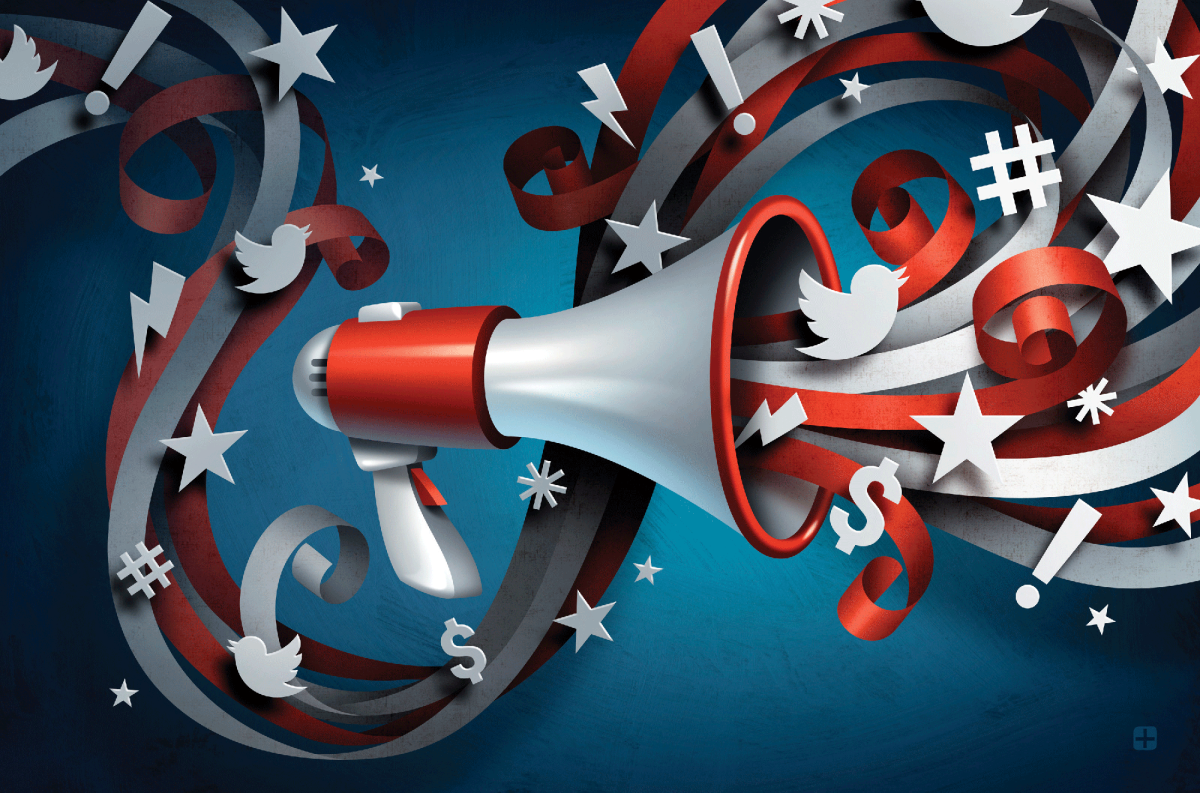Your home is a place of comfort and refuge, so it is crucial to keep it running efficiently. However, home maintenance can be pretty expensive, and the escalating costs of necessities have left many struggling to manage their climbing expenses, including utility bills.
In the first quarter of this year alone, there has already been an increase in the number of households that were late in making their utility payments.
According to the National Energy Assistance Directors Association, about 20 million households were lagging on their utility payments in March, an increase from the 17.6 million recorded the previous year. These households owe around $19.5 billion altogether – also a significant rise from the $15.7 billion in March of last year.
How to Reduce Utility Bills
But while utility bills cannot be avoided and are part of your responsibility as a homeowner, you can still find ways to minimize their impact on your monthly budget. You can implement cost-saving tactics that will significantly reduce your utility bills, such as embracing energy-efficient appliances that minimize power consumption while protecting the environment.
Discipline and practicing responsible energy utilization can also help, which includes ensuring lights are turned off when exiting a room and dimmed when not in use, practicing mindful water usage by not leaving the tap running during daily routines, and abstaining from drying damp clothes in a dryer.
These small yet meaningful changes can lead to substantial savings and promote sustainable living.

Ways to Reduce Utility Bills
Aside from these, you can save money on your monthly bills in several ways with just a few simple changes around your home. Here are four factors that can help you save money on your utility charges when managed properly:
1. Old Or Defective Appliances
Maintaining appliances in good condition and replacing older, less efficient ones can significantly reduce utility bills for several reasons. Firstly, older devices are typically less energy efficient than newer ones and consume more power. They also draw “phantom” or “vampire” power, using energy even when not actively used.
Meanwhile, defective appliances operate with reduced efficiency and have to work harder, leading to increased energy consumption. For instance, a faulty refrigerator may overwork to maintain the correct temperature, which is why you need to be prepared for repairs as a responsible homeowner.
“Home appliance repairs are an inevitable part of a modern-day household. Leaky faucets or loud thumping sounds in the washer are just some of the more common issues you may encounter as a homeowner,” Cinch home services said in a blog.
2. An Inefficient HVAC System
HVAC systems account for nearly half the energy consumption in a typical household, so when these systems lack efficiency, they require more energy to maintain comfortable indoor temperatures, pushing your energy bills higher. This often happens when the HVAC system is not suited for the size of the room, or when maintenance is neglected, like allowing filters to become dirty, restricting air circulation, and forcing the system to work harder.
Other than these, certain technical malfunctions within the system may cause unexpected spikes in energy usage. As such, you have to choose an appropriate, efficient HVAC system and ensure regular maintenance of the system’s filter to help it achieve smooth airflow and reach maximum efficiency.
Consistent inspection and repair of any leaks or damages in the HVAC ductwork are also necessary to ensure system performance and keep utility costs down.
3. Faulty Or Damaged Wiring
Issues like flickering lights, abnormally expensive power bills, or appliance malfunctions are likely signs of electrical wiring problems in your house and must be addressed immediately. Aside from safety concerns, damaged or outdated wiring can increase resistance, converting electrical energy into heat and wasting power.
On the other hand, an unstable electricity supply due to wiring issues can cause appliances to run inefficiently, leading to increased power consumption. This is because faulty wiring might cause electricity leakage, where power is drawn but never reaches your appliances.
Lastly, the development of arc faults, which are high-powered discharges between conductors, can also turn valuable electricity into unnecessary heat.

4. Wasted Water
Increased wastewater production can raise utility bills due to the complex and costly process of managing and treating wastewater.
While this cannot be eliminated, you can reduce the volume of wasted water through proper home maintenance and water usage habits, such as conserving water, avoiding unnecessary flushing, and complying with local water use regulations. Additionally, you can equip each bathroom with low-flow faucet aerators and showerheads, ensuring reduced water flow without compromising water pressure or user comfort.
It is also a good practice to regularly inspect faucets and showerheads for leaks, which can be indicated by an unexplained increase in water usage or a sudden rise in the water bill.
Leaks, if left unattended, can lead to excess water wastage, hiking your water bills and causing potential damage to your home. Before the situation gets worse, seek professional help for the repairs so you can conserve water, reduce costs, and preserve your home’s infrastructure.
Conclusion
Managing a comfortable and efficient home is essential, but rising house utility costs can be challenging. As utility payments become a burden for many homeowners, finding ways to reduce utility bills is crucial to saving costs and running an efficient home.
Some efficient ways to reduce utility bills and house utility cost are appliance care, HVAC maintenance, wiring repairs, and water conservation. By implementing these strategies, you can reduce utility bills, preserve resources, and enhance your home’s sustainability.

I am Adeyemi Adetilewa, a media consultant, entrepreneur, husband, and father. Founder and Editor-In-Chief of Ideas Plus Business Magazine, online business resources for entrepreneurs. I help brands share unique and impactful stories through the use of public relations, advertising, and online marketing. My work has been featured on the Huffington Post, Thrive Global, Addicted2Success, Hackernoon, The Good Men Project, and other publications.




